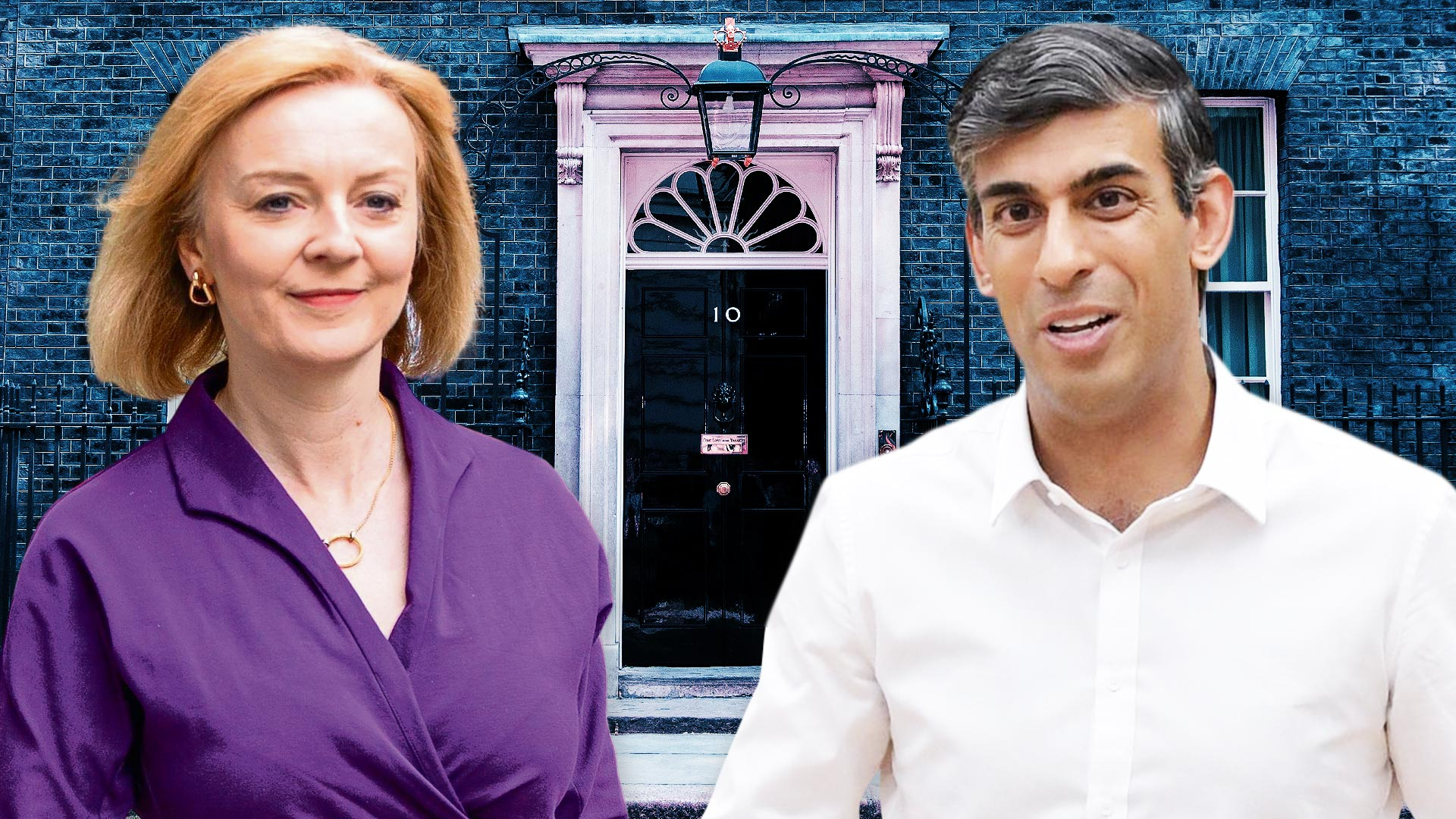Conservative Tory politicians hold Margaret Thatcher in high regard. Thatcher said in 1965: “In politics, if you want anything said, ask a man. If you want anything done, ask a woman.” In the recent party polls, more than 1.5 lakh Tories demonstrated the faith they have in these words by enabling Elizabeth Truss gain comfortable lead over her opponent Rishi Sunak. Not surprising, managing the Tory Party is a challenge, the best or the worst of times.
As Truss and Sunak discover the truth in Thatcher’s words, they are putting up a stiff fight to emerge victorious on September 5, the D-Day. Despite coming close, Sunak, the former finance minister and Chancellor of the Exchequer, is now way behind defence minister Truss. Thus, the question who will occupy 10 Downing Street continues to consume British media.
A Mammoth Task for Anyone
Truss or Sunak, uneasy will be the head that will wear the prime ministerial crown tomorrow. The fact the victor will be the fourth prime minister in six short years is an incontrovertible reflection on how prime ministers have bowed out before completing their terms. The next prime minister’s tenure too promises to be no different.
Reasons galore to believe this theory. Britain’s next prime minister will inherit is a nation in disarray, an economy in shambles and a Conservative party in utter confusion. Not an enviable state to be in. Add to this mess, Britain is reeling under inflation and economic stagnation. Sure, turning a disoriented Britain around will be a mammoth task for any politician, whatever may be their ideologies.
Moreover, the incoming prime minister will have to swim against furious waves of domestic political turbulence brought on by induced instability and impermanence of alliances. Doing this calls for such political sagacity which Tories do not see in Sunak, who is more of a technocrat, an advisor rather than an executor, which Britain needs today.
Mute Suffering Witnesses
Tories may argue, Liz or Sunak, both are okay over the stubble-hired party-animal Boris Johnson. After all, both Liz and Sunak had demonstrated considerable involvement in their ministerial jobs. However, ministerial performance alone will not be enough for tomorrow’s prime minister who will be called in to nurse a sputtering British economy back to health. Sputtering, the British economy is. Inflation is on the verge of breaching the perilous 13 per cent mark. Britain is poised to earn the dubious distinction of being the most non-performing economy within the G7 grouping. The forecast for real wages is bleak as an expected swift slide could push them to their low.
The list of woes does not end there. Energy costs are piercing the roof and consumers are gasping for breath. Industrial sectors and utilities are hit by unsettling labour unrest. Capping it all, the government-funded National Health Survey is precariously balanced on a breaking point. The net result of these woes: Britons have become mute suffering witnesses to a worrisome slide in the quality of their lives.
More Populist than Prescriptive
Quite understandable why both Liz and Sunak are looking helpless today, despite their fiery campaigns. Sunak is promising slashes in personal taxes, but Truss is supporting lower corporate taxes. Truss’s emphasis on lowering green taxes on energy bills and expanding energy supplies are seen as growth boosting inclusive policies. The reasoning: such policies net in the non-tax-paying poor too.
Against this, Sunak’s focus on personal tax concessions and make them settle down at 16 per cent by 2029 are viewed as policies soaked in populism and not in long-term economic progress, which Britain needs today. But, Truss’s vocal support for deficit-funded tax-cuts and deregulation in the corporate sector is seen by many Tories as aids to long-term economic restructuring.
In all, Sunak’s focus on tax concessions is seen by Tories as reflections of his desire to offer immediate relief. They are convinced economic restructuring proposed by Truss is more crucial to Britain than immediate relief advocated by Sunak. Expectedly, the perception Truss is a growth warrior and her policies are prescriptive, while Sunak is a protagonist of populism, is growing. Such a perception is enabling Truss gain wider acceptance among the Tories. Concerned about extricating a sinking economy, Tories feel Truss and her policies are needed today, more than Sunak’s sweeteners of slashed personal taxes.
Attempts to Conceal
Plus, importantly, Truss is seen as an astute politician who is capable of managing the contradictions in British politics in general and in Tory politics in particular. Sunak may be a man of ideas, but Truss is seen as someone who can translate ideas into tangible results. What is turning Tory perception finally against Sunak is his potential to strain Britain’s relations with the European Union. This is not going well with the Tories who desire to see the European Union continue to remain Britain’s biggest trading partner.
Add to these negativities Sunak’s attempts to conceal the fact about his affluent wife Akshata Murthy saving millions in tax, due to her special tax status. These awkward attempts are inflicting permanent harm on Sunak’s prime ministerial prospects. As Sunak was the minister of revenue then, the defenceless Sunak is now not able to stem the slide in his popularity among the Tories.
Against this deep crack in Sunak’s portrait, Truss, propped up by her rich ministerial experience, is clearly seen as the winner among the Tories. If Truss could steer clear of unpopular Tories, including Nadline Vanessa Dorries, who is serving as Secretary of State for Digital, Culture, Media and Sport, and ex-Brexit minister Lord David Frost, she could widen her lead further. Such invincibility would prove the Tories their choice was right. After all, they are sure Truss can deliver.
In Conclusion
In an editorial dated 28 July 2022, the British daily broadsheet The Financial Times looked into the Conservative leadership candidates’ stance on major policy issues. The daily observed: “There are no quick fixes. The health system, with necessarily long lead-times on training medical staff and building facilities, needs to be run on longer-term budget cycles. An NHS that is not fit for purpose is one rapid way for any government to lose disenchanted voters. The next prime minister needs to accept the prognosis and devise a treatment plan as a matter of urgency.” Ignoring this view and despite Truss not having any pragmatic healthcare policy for Britons, Tory politicians are relying on her to nurse Britain’s economy back to health. Quite paradoxical as usual.










